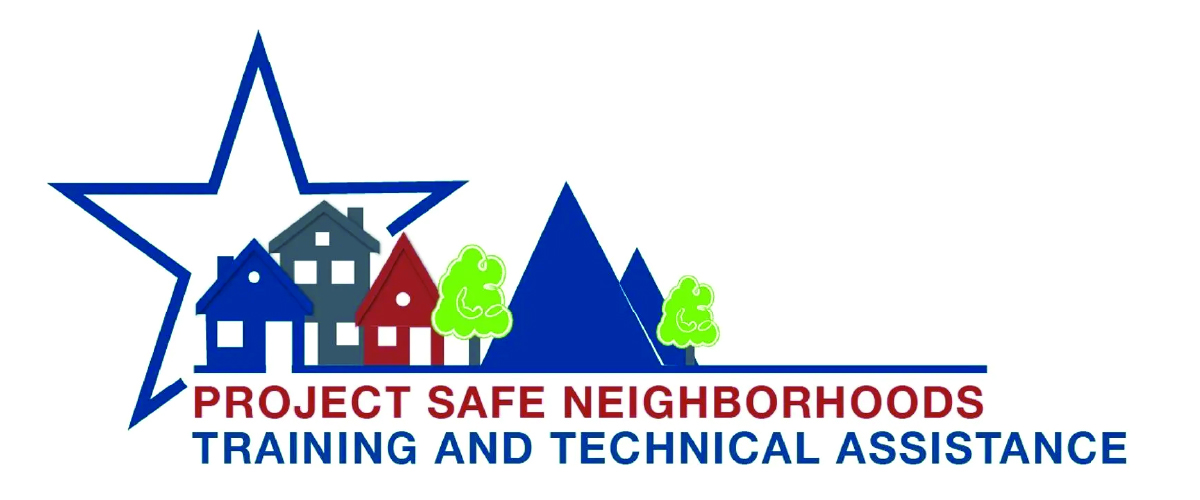Intimate partner violence (IPV) and domestic violence are often used interchangeably, but the unique challenges associated with IPV require special considerations. In 2017 nearly 1 million people reported being the victim of IPV, a majority of which are women. Indeed, the CDC estimated that nearly half of all female homicides in 2017 were IPV-related. Although rates of IPV have decreased in the past 25 years, in part due to the advances made in victim services and training, IPV remains an incredibly pervasive problem in our society.
This training will focus specifically on intimate partner violence—how it develops in relationships, which crimes are likely to co-occur with it, and how children are affected by exposure to violence, among other topics. The training will conclude with a case study that examines how all of these parts fit into the larger picture of an abusive relationship.
This training is centered on principles developed by assessing training tools and resources that focus on various aspects of preventing and prosecuting cases of intimate partner violence, including research conducted by the Center for Disease Control and the National Sheriffs’ Association. This training will cover these principles using various topics and videos to present the material in an engaging format and will review suggested handouts that further explain concepts discussed throughout this training. It is important to note that this training centers solely on intimate partner violence, rather than domestic violence as a whole.
